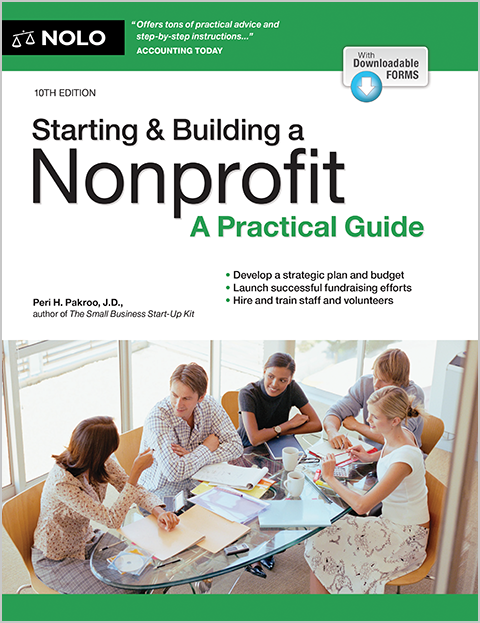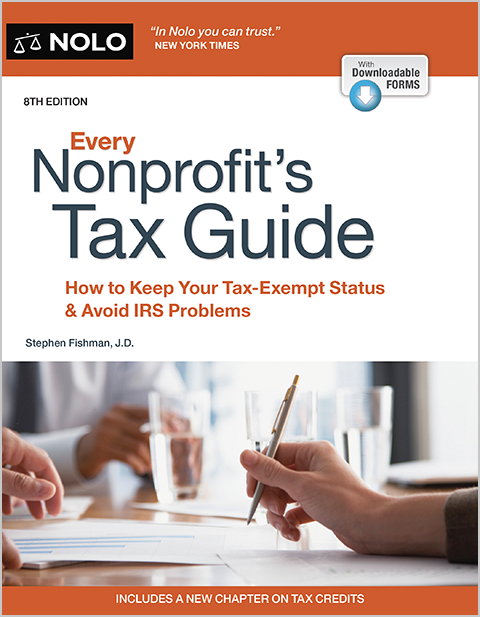Don't undermine the financial success of your fundraising event by risking later claims over copyright infringement.
Nonprofit special events can be great for raising funds or community awareness, but they're also hotspots for potential legal issues, such as copyright infringement. Copyright infringement can occur when a nonprofit uses copyrighted material at an event without permission from the copyright holder.
This article will look at the likely circumstances in which even a well-intentioned nonprofit might run into legal trouble, and how to avoid this eventuality.
What Are Typical Ways in Which Nonprofits End Up Violating U.S. Copyright Laws?
One major way that nonprofits can be at risk for copyright infringement at events is when using music such as a live band, as entertainment, playing music over speakers, or selling CDs to raise money. Another way that nonprofits risk copyright infringement is by showing a movie or television show at an event. Some schools, for instance, hold a movie and popcorn night to raise funds. What's wrong with this?
In order to use music, movies, or television shows legally, a nonprofit needs to get permission from the copyright holder. Oftentimes, getting permission includes paying a fee; and because there's a fee, many nonprofits try to use the copyrighted material for free, either hoping they won't get caught or assuming they're covered by some exception.
But nonprofits don't have immunity from copyright laws simply because they're nonprofits. Before your nonprofit hosts its next movie night or concert, consider the following options for dealing with copyright law concerns.
Use Material From the Public Domain
The public domain is where copyrighted material goes when the copyright has expired. Material that lands there is free for anyone to use.
Your nonprofit can find public domain material online by searching for public domain music, movies, or television shows. Although some current artists voluntarily put their material into the public domain, most material is older material produced before 1923. Because of these limitations, your nonprofit might not be able to find everything it needs in the public domain.
Pay a Licensing Fee to the Copyright Owner
Because free materials are limited, your nonprofit might have to pay a fee if it wants a specific song or movie. If your nonprofit really wants to show Finding Dory at its next youth night or to host a classic rock concert for its members, then the only choice is to pay a licensing fee.
For movies, your nonprofit will need to contact the agent in charge of licensing. For example, if your nonprofit wants to show Finding Dory, you'll need to contact the appropriate licensing authority at Walt Disney Studios. Most licensing companies have an online submission form that makes the process quick and easy.
It's important to note that your nonprofit can't use a board member's copy of a movie or television show, or use Netflix, Hulu, or another streaming account to show movies or shows. These copies and streaming accounts are for personal use only, not business. A nonprofit is considered a business for licensing purposes.
Music is a little trickier because there are three different licensing companies:
- Broadcast Music, Inc. (BMI)
- the American Society of Composers, Authors and Publishers (ASCAP), and
- the Society of European Stage Authors and Composers (SESAC).
Your nonprofit would need a license from each of these organizations to be fully covered for having music at an event. As with movie licensing, these companies have online forms that make the process quick and easy.
The same rule that applies to music applies to movies; your nonprofit can't get around these rules by playing a CD that a board member owns, or by streaming music from a personal account. Because your nonprofit is hosting a business event, it'll need a business license.
Whether it's a movie, television show, or music you plan to use, be prepared to explain what the event is and how the material will be used. Also, explain that it's for a nonprofit event and what your cause is. Your nonprofit might even be granted a royalty-free license, which means it wouldn't have to pay any fees to use the copyrighted material.
Protect Your Nonprofit From Liability by Using Contracts
Using a variety of event contracts can help protect your nonprofit from liability under copyright laws. For example, if your nonprofit plans to have live music at the event, it needs a contract with the band or musician that states the musician won't play copyrighted music, and that if they do, they're responsible for any legal fallout.
It's also important to have a contract with any individual who's primarily responsible for planning the event, whether a board member or an outside contractor. The contract should state that no unlicensed material is to be used at the event and that the individual, not the nonprofit, is responsible for any legal fallout. These types of contracts can be complicated, so it's best to use an attorney to draft one for your nonprofit.
Consult With a Copyright Attorney Before the Event
It's helpful to run ideas by a copyright or intellectual property attorney before your nonprofit's special event. A copyright lawyer can advise you on whether the event presents copyright infringement risks. They can also help you obtain permission to use copyrighted material and draft any necessary contracts.



